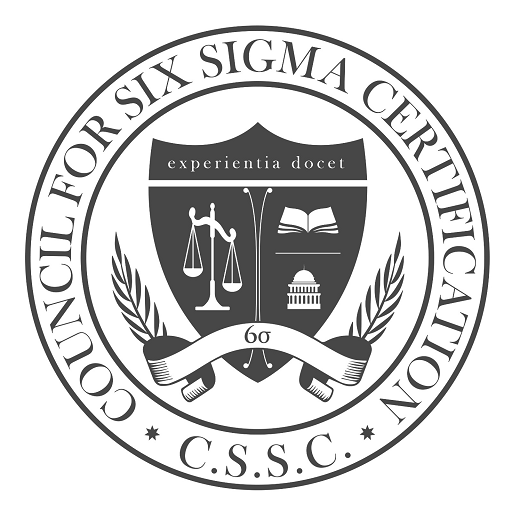
Lean Management consulting in Coimbatore is a specialist service designed to assist companies in applying Six Sigma approaches to increase operational quality and efficiency. In order to produce results that are almost flawless, Six Sigma is a data-driven methodology that focuses on finding and fixing flaws or irregularities in processes. Six Sigma consulting firms provide knowledge, direction, and assistance to businesses looking to implement this technique. An examination of the advantages of Six Sigma consulting is provided below: Proficient in Six Sigma concepts, methods, and instruments, individuals work for Six Sigma consulting businesses. They contribute a thorough grasp of core Six Sigma approaches, including DMAIC (Define, Measure, Analyze, Improve, Control) and DMADV (Define, Measure, Analyze, Design, Verify). Every company has has own distinct objectives and obstacles. Six Sigma experts collaborate closely with customers to comprehend their unique requirements and customize solutions. Consultants create plans that support the goals of the company, whether they be lowering errors, increasing productivity, or improving product quality. Data analysis is a key component of Six Sigma, since it helps detect issues, determine their causes, and track progress. Consultants collect and analyze data using statistical techniques and analysis to offer insightful information about process performance and opportunities for development.Process optimization is the main goal of Six Sigma consultancy, which aims to increase productivity and efficiency. To reduce variability and increase efficiency, consultants assist in standardizing procedures, removing bottlenecks, and streamlining workflows. Processes, methods, and company culture all frequently need to be significantly altered in order to implement Six Sigma. Consultants’ manual clients through these adjustments, offering their knowledge of change management to guarantee adoption success and long-term enhancement.Training programs and certification courses are provided by Six Sigma consulting firms to give staff members the know-how and abilities to spearhead internal Six Sigma efforts. Consultants assist in developing internal capacities for continuous improvement, ranging from fundamental awareness training to advanced Black Belt certification.Beyond specific projects,
At the core of Lean Management is the concept of value—specifically, what constitutes value from the customer’s perspective. Consultants work closely with organizations to identify value-adding activities and eliminate non-value-adding ones, often referred to as waste. There are eight types of waste in Lean: defects, overproduction, waiting, non-utilized talent, transportation, inventory, motion, and extra-processing. By systematically addressing these wastes, Lean consultants help organizations reduce costs, improve quality, and speed up delivery times.
One of the fundamental tools employed by Lean Management consultants is Value Stream Mapping (VSM). This tool allows organizations to visualize and analyze the flow of materials and information required to bring a product or service to the customer. By mapping out the current state and designing a future state with improved efficiency, consultants can pinpoint bottlenecks and opportunities for improvement. Another critical tool is the Kaizen, which translates to “continuous improvement.” Through Kaizen events, cross-functional teams work together to identify and implement small, incremental changes that collectively lead to significant improvements over time.
Lean Management consulting also places a strong emphasis on developing a culture of continuous improvement. This involves training and empowering employees at all levels to identify problems and propose solutions. Consultants often facilitate workshops and training sessions to build Lean competencies within the organization, ensuring that the principles of Lean become ingrained in the corporate culture. This cultural shift is crucial for sustaining improvements and achieving long-term success.

